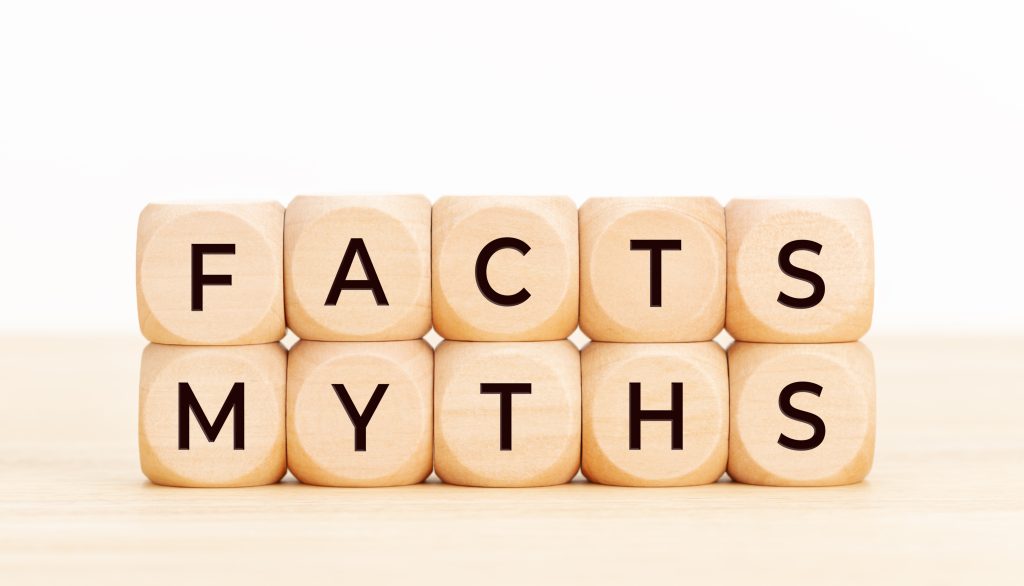Government agencies and legal institutions in Japan operate under high levels of public scrutiny. Whether it’s enforcing regulations, managing public funds, or providing legal advice, these organizations are expected to uphold professional and ethical standards at every level — including the hiring process.
While Japan does not require mandatory background checks for every government or legal position, background verification has become an important part of responsible hiring — especially for roles that involve access to sensitive data, policy-making authority, or public-facing legal responsibilities.
This article breaks down what’s typically verified in these sectors, how it’s done, and where background checks add the most value in public and legal hiring in Japan.
Why Background Verification Is Important in Government and Legal Roles
In many industries, a hiring error might affect productivity or internal workflows. In government or legal roles, the stakes are higher.
These sectors deal with:
- Enforcement of laws and regulations
- Public procurement and financial oversight
- Legislative and policy development
- Confidential data, case files, and administrative records
- Representation of public or private legal interests
A flawed hire could result in compliance violations, mismanagement of public funds, conflicts of interest, or reputational damage to the institution.
Background checks help mitigate those risks by confirming:
- Professional credentials and licenses
- Prior disciplinary history
- Conflicts of interest
- Accuracy of employment and academic history
- Eligibility to work in legal or public-sector roles
What Employers Typically Verify
There is no one-size-fits-all background check, and not every role needs every type of verification. But in Japan’s government and legal sectors, these are the most commonly verified elements:
1. Professional Licensing
Legal positions such as lawyers (弁護士), judicial scriveners (司法書士), and administrative scriveners (行政書士) require official registration and good standing with licensing bodies.
What’s typically checked:
- Active registration with the relevant association (e.g., JFBA for lawyers)
- Whether the license has ever been suspended or revoked
- Completion of mandatory training (e.g., Legal Training and Research Institute for attorneys)
- Status of any ongoing disciplinary reviews
Tip: Always request the registration number and verify with the relevant licensing body. Written consent is required before contacting regulatory associations.
2. Academic Credentials
Most legal and public-sector roles require university-level education — often in law, political science, public administration, or related fields. Degree verification is used to confirm both academic qualifications and institutional legitimacy.
What’s typically checked:
- Degree obtained and field of study
- Institution name and graduation year
- Accreditation of foreign universities (if applicable)
For foreign-trained professionals, verification may also include translation and document authentication.
Tip: Japan-based universities may require official forms and candidate consent before disclosing graduation status.
3. Employment History
Many roles in government or legal fields require experience in law firms, public agencies, or regulatory offices. Employment verification helps confirm the accuracy of this history and flag any unexplained gaps or early terminations.
What’s typically checked:
- Job title and department
- Duration of employment
- Reporting line and key responsibilities
- Reason for departure
When hiring former public servants, employers may also verify civil service classification or grade level where applicable.
Tip: Use structured reference questions to assess trustworthiness, discretion, and experience in high-accountability roles.
4. Regulatory and Disciplinary History
There is no public national registry for past legal or administrative misconduct in Japan. However, with proper consent, employers can check with licensing authorities or former employers for known sanctions or regulatory issues.
What’s typically asked:
- Has the candidate ever been subject to professional disciplinary action?
- Were there any investigations or formal warnings during their previous roles?
- Are they currently under review or restriction?
In legal hiring, this is particularly important for roles involving litigation, contract review, or regulatory compliance.
Tip: Don’t rely on declarations alone. Where possible, request third-party confirmation of clean records.
5. Conflict of Interest Screening
Conflict screening is especially important in roles tied to public procurement, legal adjudication, or policy influence.
What’s typically reviewed:
- Prior business relationships with regulated entities
- Board memberships or shareholdings
- Political or lobbying affiliations (only where job-relevant)
- Previous contract work with the agency or its suppliers
Tip: Use a structured conflict-of-interest declaration form during onboarding. Keep the scope relevant to the specific role.
6. Work Eligibility and Identity
For legal roles involving government contracts or advisory positions, employers must ensure all hires are legally allowed to work in Japan.
What’s verified:
- Visa status (for non-Japanese nationals)
- Residence card and expiration date
- Consistency of legal name and birthdate across documents
Tip: Always collect and record copies of official ID with candidate consent.
Legal and Regulatory Constraints in Japan
All background verification must comply with the Act on the Protection of Personal Information (APPI). This means:
- Candidate consent is mandatory before contacting schools, former employers, or licensing bodies
- Only job-relevant information can be collected — avoid overreach
- Personal data must be securely stored, with limited access
- Screening questions must not request sensitive personal information such as religion, family background, or political beliefs (unless explicitly justified by the role)
Even public-sector institutions are bound by these rules.
Common Mistakes to Avoid
- Skipping checks for short-term or advisory roles. Many such positions involve access to confidential legal or policy data.
- Assuming licensing is current without verifying. Professionals returning from leave or working overseas may not have active status.
- Using generic reference checks. Legal and government roles require more targeted reference questions focused on ethics, discretion, and procedural conduct.
- Delaying verification for foreign-trained candidates. International degree or license checks often take longer — start early.
Final Thoughts
Background verification in Japan’s government and legal sectors isn’t just about compliance — it’s about building integrity into the hiring process. While there’s no centralized system for screening, employers still have access to tools that confirm qualifications, detect conflicts, and flag issues that matter in public-sector and legal environments.
A properly structured verification process — grounded in consent, legality, and role-specific needs — helps institutions uphold public trust and internal accountability from day one.


















